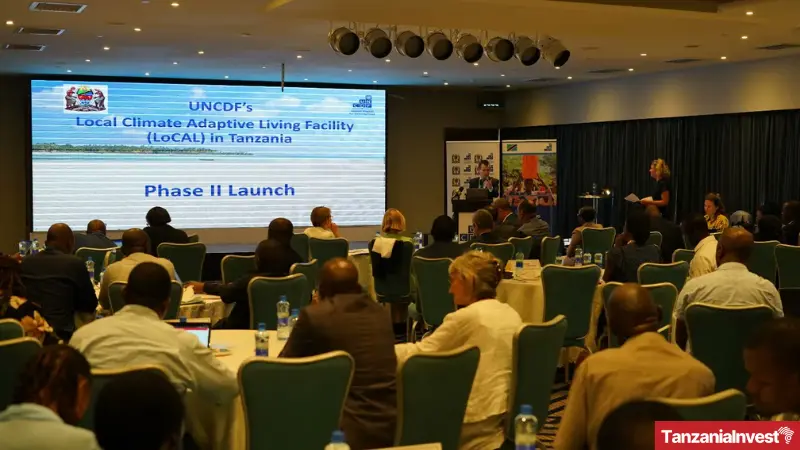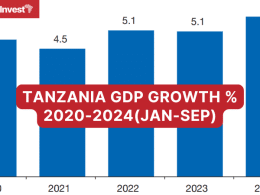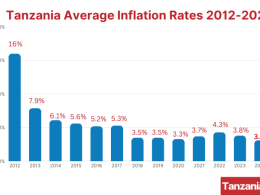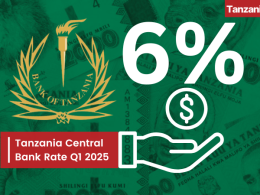On 1st October 2024, the UN Capital Development Fund (UNCDF) launched the second phase of the Local Climate Adaptive Living Facility (LoCAL) in Tanzania with a funding of TZS 33 billion.
This phase will enhance local governments’ capacities in planning, implementing, and monitoring climate adaptation strategies that are responsive to local contexts and gender considerations.
With support from the European Union (EU), Belgium, Ireland, and Norway the second phase aims to deepen the efforts made in Phase I by expanding its reach to an additional four districts and one municipality in the coastal regions of Tanzania addressing ongoing challenges in climate resilience.
According to the UNDP Resident Representative Shigeki Komatsubara, the LoCAL program, with support from the EU and the Government of Sweden, was piloted from 2022 to 2023 in the Chamwino, Mpwapwa, and Kondoa districts of the Dodoma region and benefited more than 800,000 people, particularly women.
The results of LoCAL Phase I include improvements in climate change adaptation infrastructure projects that enhanced access to essential services for over 10,500 people directly in the vulnerable communities of target districts.
Additionally, local governments gained the skills to mobilize and allocate resources more effectively resulting in increased resilience to climate change and strengthened local economies and leading to projects that reflect local needs and aspirations.
During the launch of the second phase, Komatsubara noted that the initiative focuses on implementing locally-led climate adaptation interventions and enhancing awareness and capacities at the local level.
It also integrates climate adaptation into local government planning and budgeting in a participatory and gender-responsive way and establishes a performance-based climate resilience grant system to attract additional financing for local adaptation efforts.
Komatsubara highlighted: “This initiative marks a significant step forward in our UN collective efforts to build local resilience to the impact of climate change and foster sustainable development in our communities.”
“In essence, LoCAL is not only about funding; it is about building capacity, fostering innovation, and ensuring that local voices and participation are at the forefront of climate action. Another significant measure of success is the supplementary finance that can be mobilized, and we will surely welcome and support such efforts.”
On her part, the EU Commissioner for International Partnerships, Jutta Urpilainen pointed out: “The EU is the leading contributor to the local climate adaptive living facility, which is part of the solution: it channels climate finance directly to the local authorities who best understand the local needs.”
The Local Facility Program
The Local Climate Adaptive Living Facility (LoCAL) was designed by UNCDF in 2011 to promote climate change–resilient communities and local economies by establishing a standard, internationally recognized country-based mechanism to channel climate finance to local government authorities in developing countries, particularly Least Developed Countries (LDC)s.
Since LoCAL’s global expansion in 2014, it has engaged with 372 local governments reaching an indirect beneficiary population of over 18 million people via locally-led adaptation investments that build sustainability to the impacts of climate change as experienced at the community level.
Between 2019 and 2023, UNCDF catalyzed US$ 175.5 million in funding for LoCAL with almost 40% (US$ 67.8 million) in 2023.
Until the end of 2023, 38 countries across Africa, Asia the Caribbean, and the Pacific are designing or implementing their LoCAL actions. Some two-thirds of all LDCs are engaged with LoCAL, as are eight small island developing states (SIDS) and 26 African nations.










